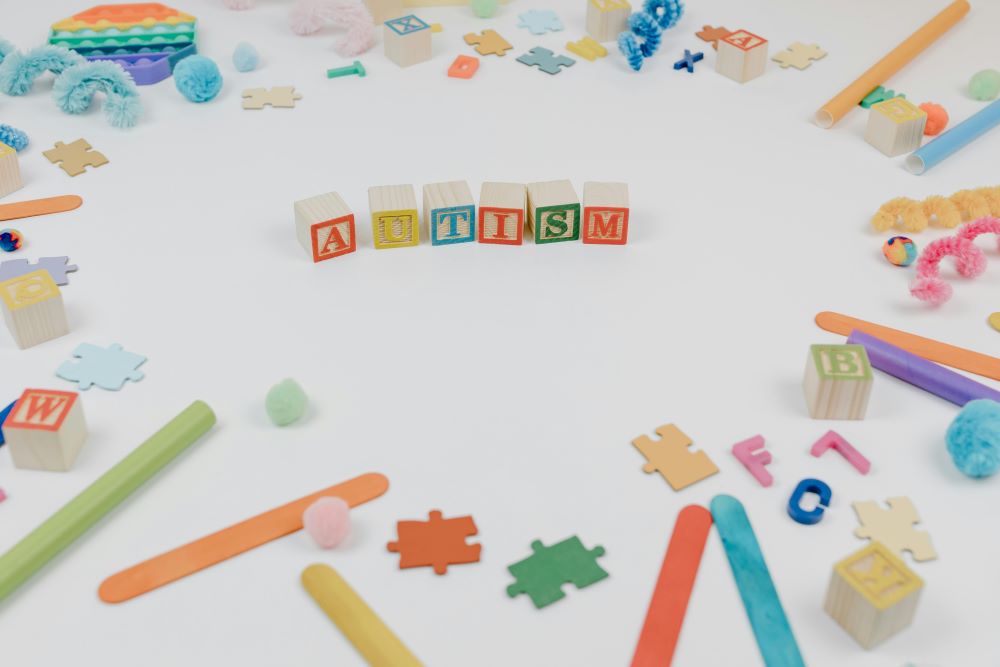Lithium shows promise in improving autism-related brain and behavioral challenges.
Scientists at the Institute for Basic Science have uncovered new potential for an old drug. Lithium, a medication long prescribed for bipolar disorder and depression, has shown promise in addressing autism spectrum disorder (ASD) symptoms. Research from the Center for Synaptic Brain Dysfunctions revealed lithium’s ability to improve brain function and reduce behavioral issues in animal models of ASD linked to specific genetic mutations.
ASD is a complex neurodevelopmental condition affecting nearly 3% of the global population. It often involves challenges in social interaction, repetitive behaviors, and increased anxiety. While therapies exist to manage symptoms, effective treatments targeting the core issues of ASD remain elusive. The disorder’s impact on individuals, families, and communities makes the need for breakthroughs even more pressing.
Among the many genetic factors contributing to autism spectrum disorder, mutations in the Dyrk1a gene stand out. These mutations can cause a range of symptoms, including smaller brain size, language difficulties, social challenges, and high anxiety levels. Researchers studying mouse models with similar genetic alterations discovered key disruptions in the brain’s signaling pathways. They noted that the mTOR signaling pathway, essential for regulating cell growth and neural function, was significantly affected. This pathway disruption contributed to the behavioral and cognitive difficulties observed in the mice.
To explore treatment options, researchers turned to lithium. In their experiments, they administered lithium to young mice with Dyrk1a mutations. The results were striking. Lithium treatment not only normalized brain size but also repaired structural and functional aspects of neurons involved in excitatory signaling. Behavioral improvements were significant, with reductions in anxiety and better social interactions. Notably, these benefits persisted into adulthood, suggesting that early intervention with lithium could have lasting positive effects on brain development and behavior.

Using advanced analytical methods, the research team identified specific proteins and molecular pathways influenced by lithium. One standout finding was its impact on Kalirin-7, a protein critical for maintaining healthy synaptic connections. By addressing disruptions in this protein’s function, lithium helped restore proper communication between neurons. This process is similar to clearing traffic congestion, enabling smoother flow and improving overall connectivity in the brain.
Dr. Roh Junyeop, a senior researcher involved in the study, described the results as a promising step forward. He emphasized that lithium’s ability to repair neural pathways and enhance communication between neurons marks an important development in understanding and potentially treating ASD. While these findings are based on animal models, they pave the way for further research to determine lithium’s suitability for human use in this context.
Director Kim Eunjoon, who led the research team, highlighted the importance of early intervention. He noted that treating ASD-related issues during key developmental stages could maximize the long-term benefits of therapies like lithium. This study offers hope to families affected by ASD, suggesting that targeted treatments could one day address some of the disorder’s core challenges.
Published in the journal Molecular Psychiatry, the study adds to the growing body of research on ASD and its genetic underpinnings. While much work remains to translate these findings into practical therapies for humans, the potential implications are significant. By identifying and addressing specific molecular disruptions in the brain, scientists are moving closer to developing treatments that could meaningfully improve the lives of those with ASD.
Lithium, a drug with decades of use in mental health treatment, may hold new promise in addressing one of the most challenging neurodevelopmental disorders. This research underscores the importance of innovation and persistence in the search for solutions to complex medical conditions.
Sources:
Lithium shows promise as a potential therapy for autism spectrum disorder
Lithium normalizes ASD-related neuronal, synaptic, and behavioral phenotypes in DYRK1A-knockin mice


Join the conversation!